G V Wategaonkar
Subscribe to read full article
This section is for paid subscribers only. Our subscription is only $37/- for one full year.
You get unlimited access to all paid section and features on the website with this subscription.
Not ready for a full subscription?
You can access this article for $2 , and have it saved to your account for one year.
- Born: 15/04/1912 (Satara)
- Primary Cinema: Hindi
Art director G V Wategaonkar is known for films such as Rukmini Swayamvar (1946), Bari Behen (1949), and Rail Ka Dibba (1953). He is also credited as the set executor of Dil Daulat Duniya (1972). Other films in both Hindi and Marathi cinema, for which he provided art direction, include Shyaam Sunder (1932), Bhakt Prahlad (1933), Thaksen Rajputra (1934), Chhatrapati Sambhaji (1934), Ghar Ki Rani (1940), Sangam (1941), Pahila Palna (1942), Hamari Manzil (1949), Bazaar (1949), Murliwala (1951), Aaram (1951), Do Sitare (1951), Bhola Shankar (1951), Devyani (1952), Jalianwala Baag Ki Jyot (1953), Postatil Mulgi (1954), Bazooband (1954), Bhalyachi Duniya (1955), Ekadashi (1955), Patit Pawan (1955), Bhakt Dhruv (1957), Beti (1957), and Sinbad, Alibaba, Alladin (1965).
His 1946 release Rukmini Swayamvar was directed by Baburao Painter, and written by Shivram Vashikar. Its star cast comprised Ratnamala in the title role, Chandrakant as Krishna, and Durga Khote as Shudhmati, as well as Baburao Pendharkar and Master Vithal, among others.
Bari Behen, his film of 1949, was directed by D D Kashyap, and was written by Rajinder Singh Bedi, Qamar Jalalabadi, and D D Kashyap. It starred Suraiya, Rehman Khan, Ulhas, Geeta Bali, and Pran Sikand among others. The film was said to have been remade in Sinhalese as Sujatha (1953). Its plot revolved around Shyama (Suraiya), who gets a job as a servant so she can pay for her younger sister, Kiran (Geeta Bali)’s education in the city. Kiran, though, is in love with a rogue, Ajit (Pran). Ajit makes Kiran splurge all the money Shyama sends her on them. Meanwhile, Shyama meets and falls in love with Shyam (Rehman), the son of the family she works for and who is a doctor who wants to treat the poor. With both of them being ill-treated by the woman of the house, who is Shyam's step-mother, they decide to elope. However, an abandoned and pregnant Kiran comes to her for help. Without informing Shyam, Shyama goes along with her sister in search of Ajit. However, Ajit escapes from them, and the two sisters then relocate to another town. Kiran gives birth to a child. Shyama works in another house, where in order to get Kiran settled with the young man of the house and to prove her to be without ‘blemish’, she claims to be the mother of the child. However, this creates further complications, as Shyam manages to trace her and now believes that she has been unfaithful to him. His extreme grief, results in him falling ill. Eventually, with the aid of a kind army colonel, who is also Ajit's uncle (Ulhas), matters are resolved, with a remorseful Ajit marrying Kiran and Shyama reuniting with Shyam.
His 1953 film Rail Ka Dibba was a romantic drama Indian film directed by Prem Narayan Arora, who was married to Helen, and starring Madhubala and Shammi Kapoor in lead roles. It was released in black-and-white. It told the story of four down and out folks—Sunder (Shammi Kapoor), Chanda (Madhubala), Dr Nirogi (Om Prakash), and Mohan (Sajjan), whom fate brings together. Sharing living space in an abandoned railway carriage, they bond deeply. Sharing food, they try to earn a living for each other. However, trouble erupts when Mohan confesses his love for Chanda—only to learn that she and Sunder have been secretly married!
Credited as set executor for the 1972 film Dil Daulat Duniya, this comedy-drama film was directed by Prem Narayan Arora and starred Rajesh Khanna, Sadhana, Ashok Kumar, Om Prakash, Sulochana, Helen and Jagdeep. The film revolves around a poor man in a palatial house who allows other newcomers in the city of Mumbai to stay in his house as he feels pity on them. The film had music by Shankar Jaikishan. It was evidently a remake of the 1948 Hindi film Pugree, starring Kamini Kaushal, which had also been produced by Prem Narayan Arora, who decided to direct the remake in 1972. The plot was borrowed from the classic 1947 Hollywood hit It Happened on Fifth Avenue.
References
Sources: https://www.imdb.com/name/nm1222063/
https://www.cinestaan.com/people/g-v-vategaonkar-69917/filmography



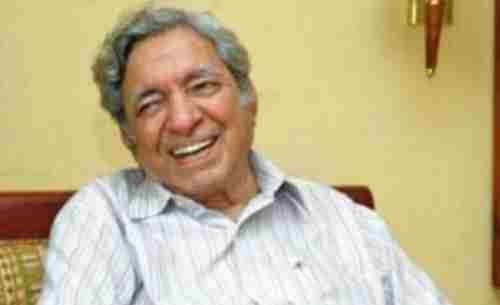
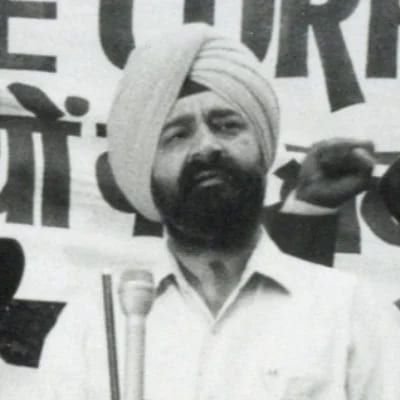
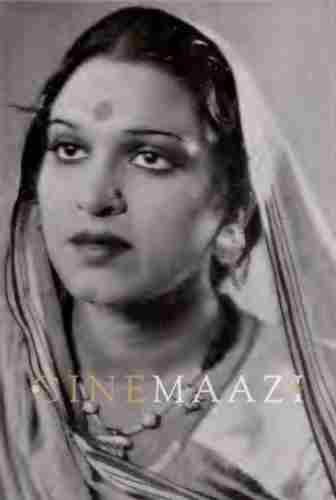
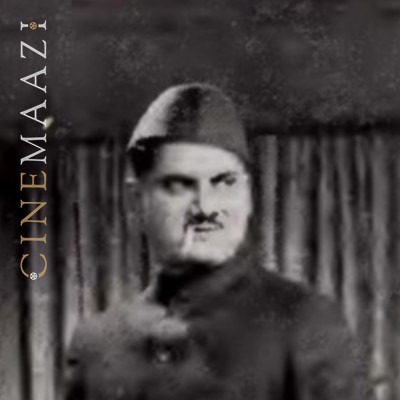
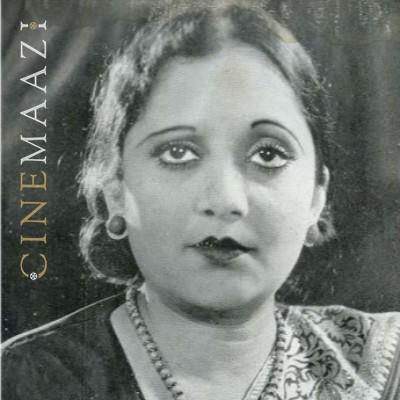
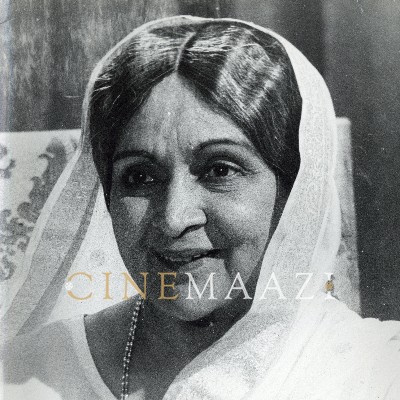
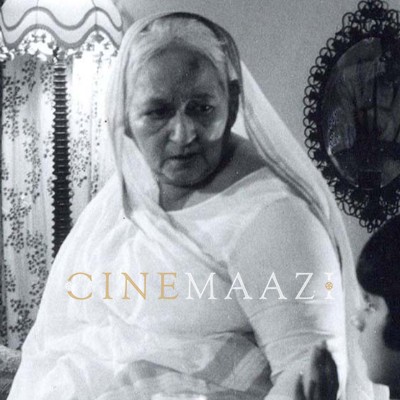

.jpg)



